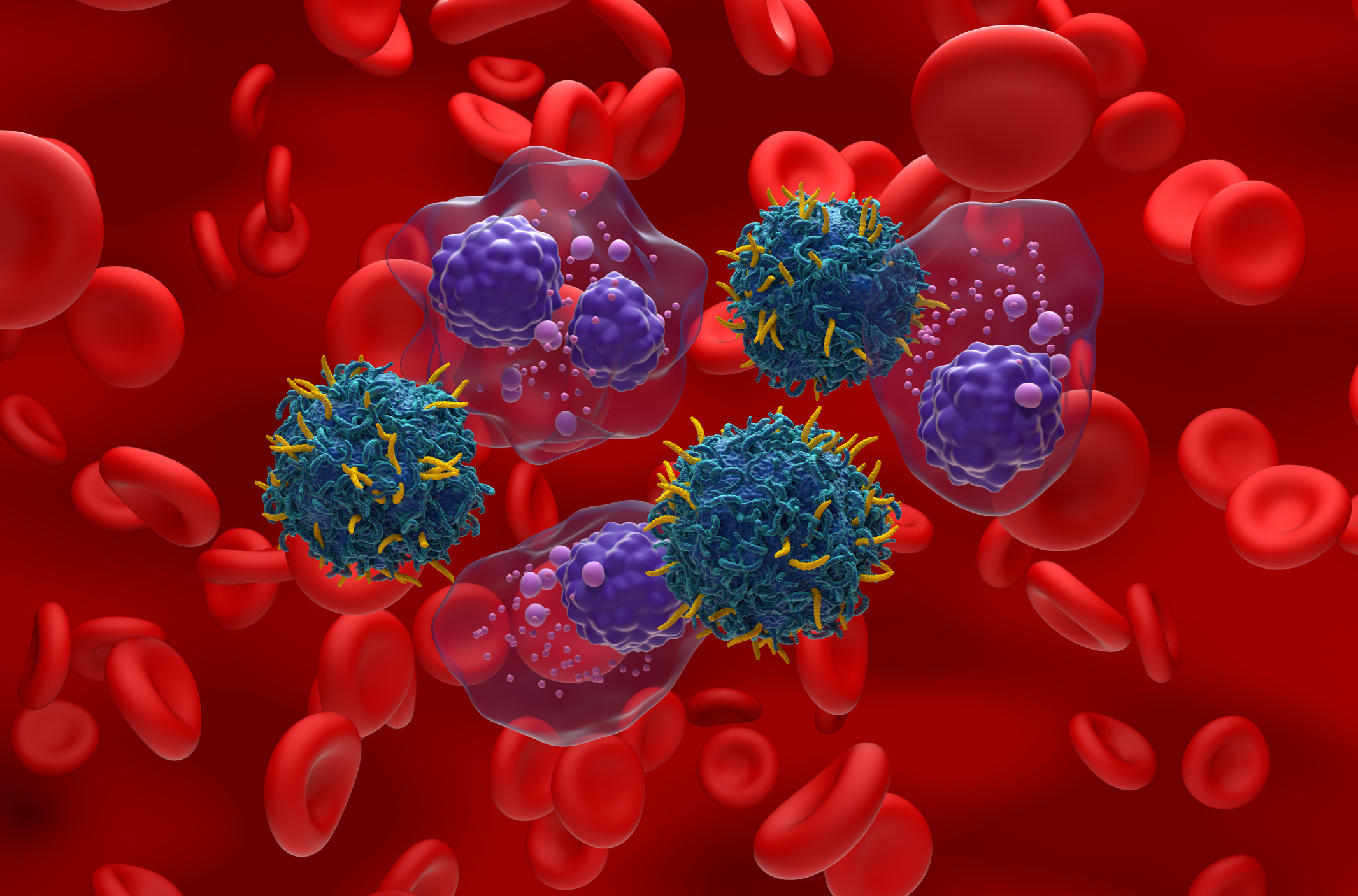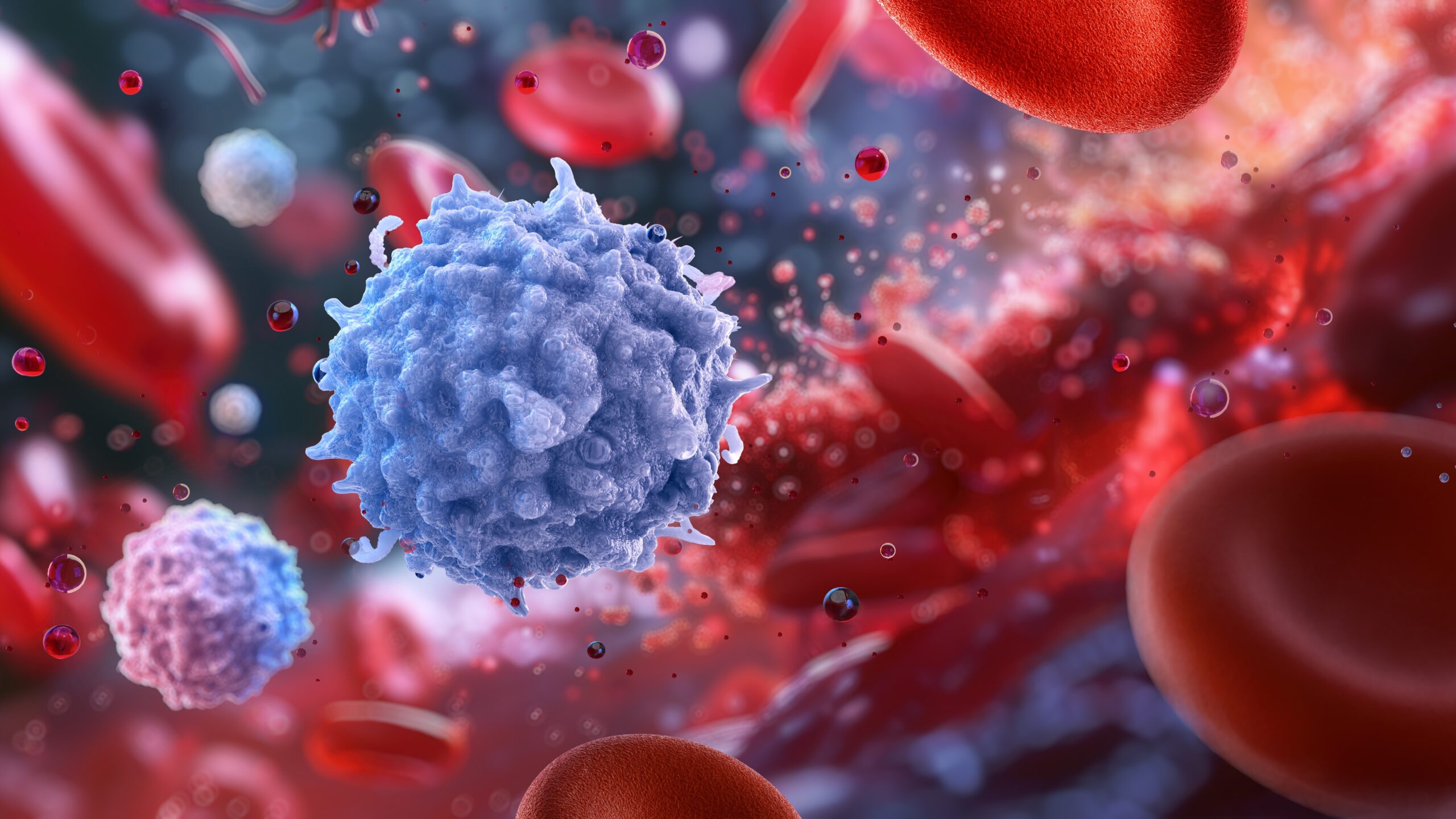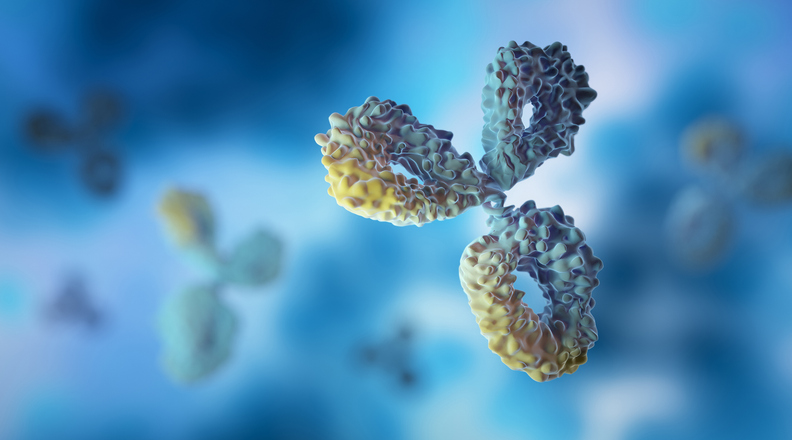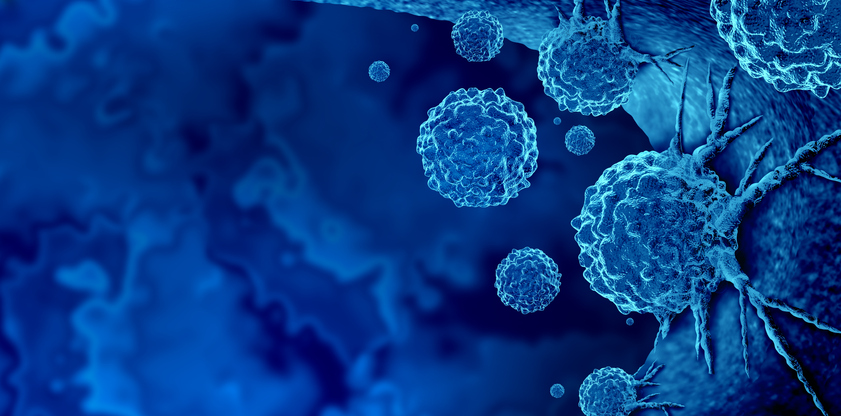Myeloma Roundtable: BCMA-Targeting Therapies
By Saad Z. Usmani, MD, MBA, FACP, Sydney Lu, MD, PhD - Last Updated: November 14, 2022Dr. Usmani:
Hello, everyone. We are going to start our second roundtable, which will focus on the latest news and clinical development and impact for multiple myeloma. First off, I’ll start off with a very popular target in myeloma now, it’s the B-cell maturation antigen or BCMA. I’ll go to Dr. Lu to ask him, what do you think about BCMA as a target for multiple myeloma?
Dr. Lu:
So, BCMA is a protein that is expressed at high levels on both normal plasma cells as well as the malignant plasma cells in myeloma and on much lower levels in other B cells, and so in that sense, it’s a very good target and quite specific for plasma cell disorders, including multiple myeloma. As the panel will be discussing, there are now already two FDA approved agents which target BCMA currently, that being belantamab, as well as the newly approved cellular therapy, Ide-Cel, that we’ll be discussing today.
Dr. Usmani:
Thank you, Sydney. And going to Shaji, again, what do you think about the CAR T landscape in myeloma, specifically in the context of BCMA directed therapies?
Dr. Kumar:
Yeah, the CAR T scenario, obviously with the approval of the first CAR T in myeloma, Ide-Cel, has really been ramping up over the past few years with multiple different CAR T-cells being studied in the clinic right now. The Ide-Cel resource on updated data at these recent meetings, again, consistent with what we have seen in the past. No new toxicities. The responses in some of these patients appear to be quite durable. And interestingly enough, the overall survival of some of those patients on the original CAR T drugs, even though the progression-free survival was not as long as we had hoped it would be, was still quite good. So with almost a three year overall survival, that certainly seems to change how subsequent therapies impact these patients.
Interestingly, we now have some additional data from Cilta-Cel, which Dr. Usmani presented at the recent meetings, clearly showing with more follow up there is clearly durable responses with, again, progression-free survival almost getting to close to two years.
It’s difficult to compare these different CAR Ts because these are all two single arm trials with very significant differences in the patient population, even though they all had a median of four to six lines of therapy. But I think the responses, over 90% of response rate, high rates of minimal residual disease negativity and durable responses, I think will make CAR T an integral part of myeloma therapy, particularly in the earlier lines of therapy as more data becomes available.
What I think is going to be the more difficult part to discern with this data is the toxicity and if there are some differences in toxicity profile across the different CAR T products. And particularly I think [inaudible 00:03:18] presented on the neurotoxicity of Cilta-Cel, which again, the whole gamut of neurotoxicity remains a mystery because we don’t really fully understand why that happens in these patients.
Dr. Usmani:
Very nice summary, Shaji. With CAR T-cells emerging, we also have a number of bispecifics that are being explored in targeting BCMA.






 © 2025 Mashup Media, LLC, a Formedics Property. All Rights Reserved.
© 2025 Mashup Media, LLC, a Formedics Property. All Rights Reserved.